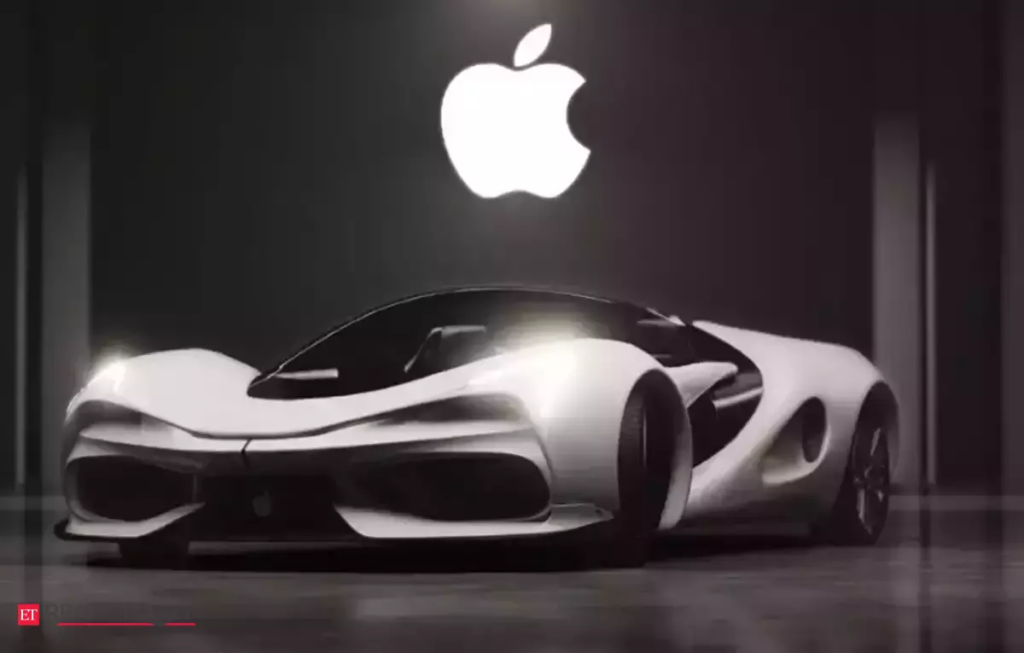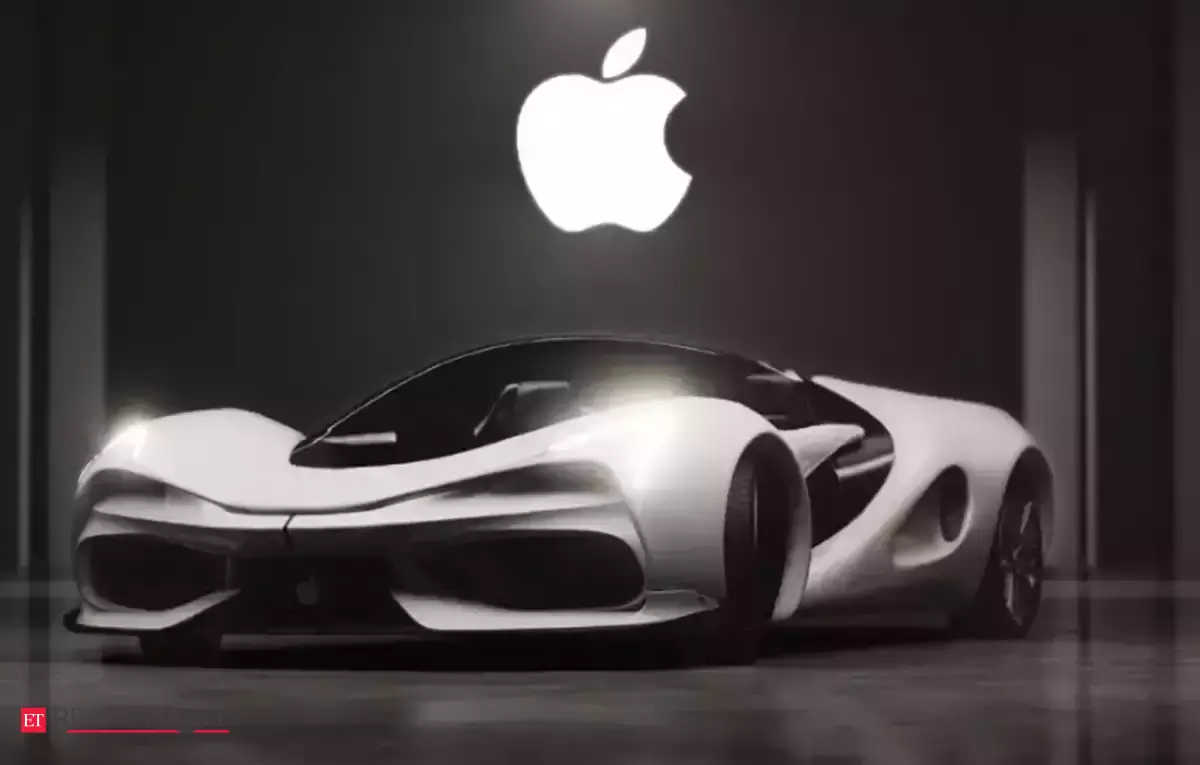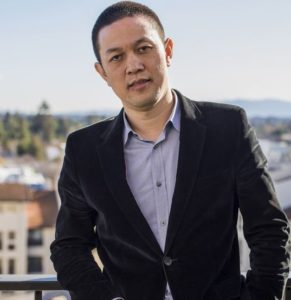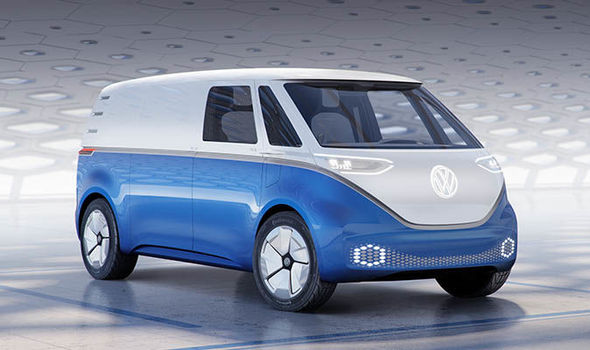Apple Closes Electric Car Project Could Boost Work on Home Robotics
In an interesting turn of events, Apple’s ambitious entry into the electric vehicle market has hit a significant hurdle, leading to speculation that the tech giant may redirect its attention and resources towards the growing field of home robotics. This pivot could signal a new direction for Apple, as it looks to leverage its technological prowess in an sector that is increasingly considered ripe for innovation.
The Shift in Focus
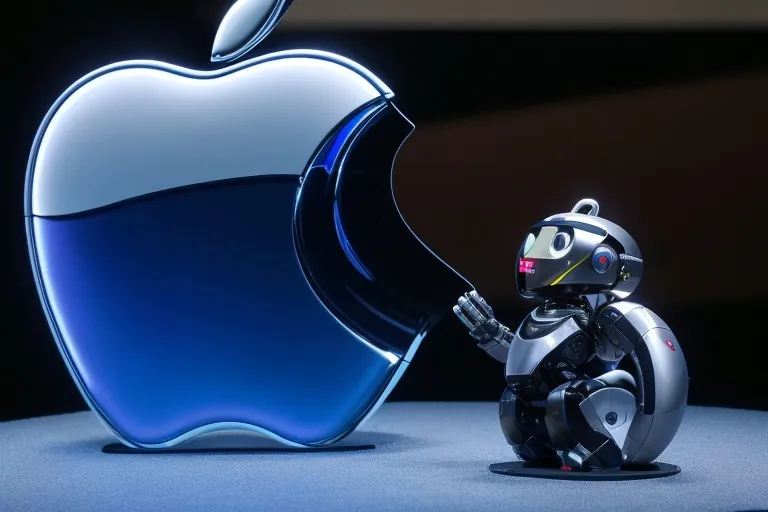
Image Source: brandsynario.com
For years, rumors have swirled about Apple’s secret Project Titan, an ambitious effort to develop an electric, possibly autonomous, vehicle that could compete with the likes of Tesla and Google’s Waymo. However, recent reports suggest that Apple’s automotive project has faced considerable challenges ranging from design issues to regulatory hurdles, leading to speculation about its future.
Insiders are now hinting that Apple may be reevaluating its strategic priorities with the new interest in home robotics. The shift allows the company to apply its extensive research and development, including advances in artificial intelligence (AI) and machine learning, to create sophisticated robotic solutions for consumers.
Potential for Home Robotics
The potential pivot to home robotics is seen as a natural extension of Apple’s existing ecosystem, which includes a wide range of smart home products and services. Apple’s expertise in designing user-friendly, aesthetically pleasing products could give it a significant advantage in a market that has long promised much but delivered relatively little in terms of mainstream adoption.
Experts believe that Apple’s entry into home robotics could revolutionize the sector, offering solutions that integrate seamlessly with users’ lives, enhancing convenience, and potentially redefining home assistance. One tech industry analyst says, “Apple has a history of entering markets late, only to end up redefining them.” “Its focus on privacy, security, and design may address many consumer concerns that have hindered the adoption of home robotics.”
Challenges and Opportunities
However, the transition from electric vehicles to home robotics is not without challenges. The robotics market is highly competitive, with established players and startups alike competing for dominance. Furthermore, developing robots that can navigate the complex and diverse environments of people’s homes requires significant advances in AI, machine vision, and physical design.
Still, the opportunities are vast. The global market for consumer robotics is expected to grow rapidly in the coming years due to advancements in technology and increasing consumer interest in smart home devices. With its track record of innovation and market disruption, Apple is well-positioned to make a significant impact.
Conclusion
While Apple’s electric car ambitions may face a setback down the road, the company’s potential pivot to home robotics could open up new avenues for growth and innovation. By applying its design ethos and technical expertise to the challenges of home robotics, Apple has the opportunity to once again redefine our relationship with technology, making the smart home of the future a reality today.
